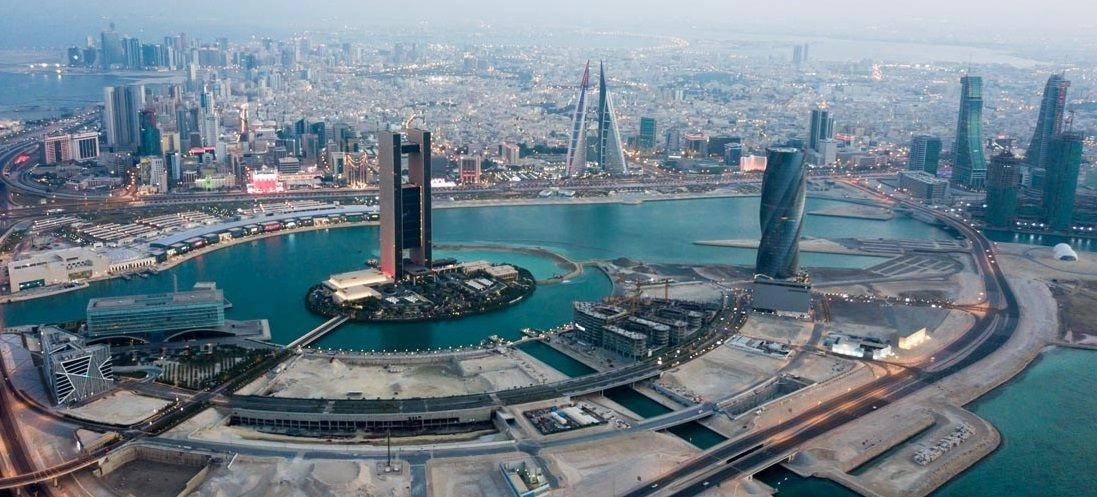Investment opportunities in Bahrain (Part 2)
Bahrain's economy is the most diversified in the GCC region, with particular strengths in the financial services, ICT, manufacturing, logistics and tourism sectors.

2025/6/20
95








